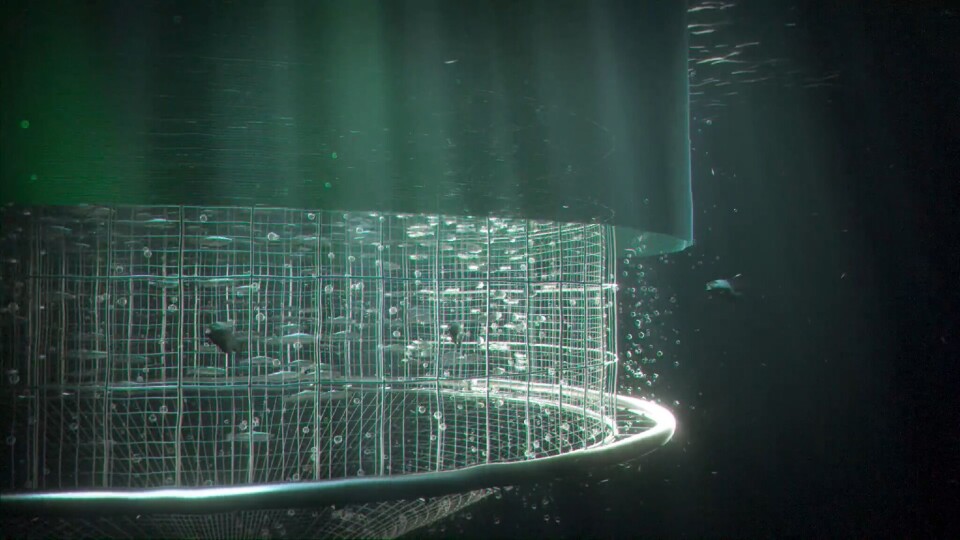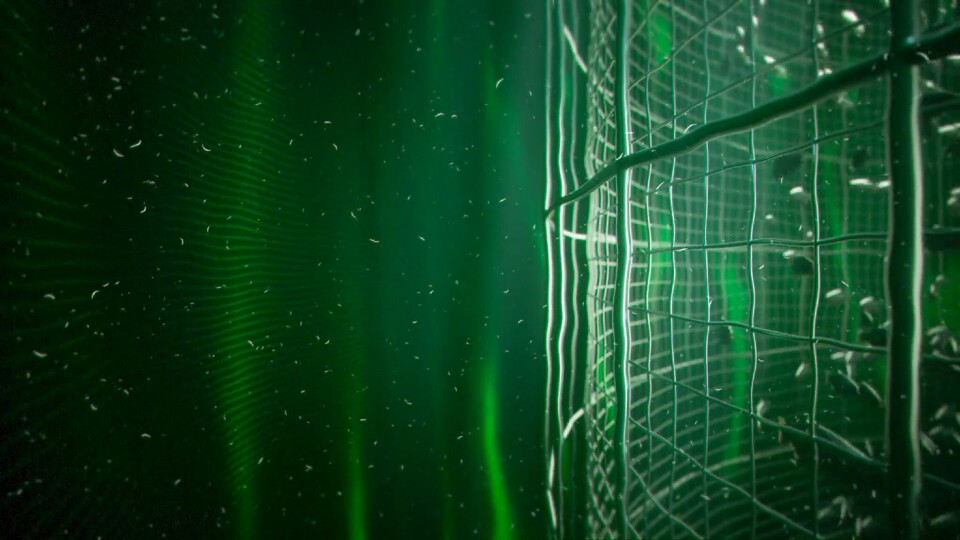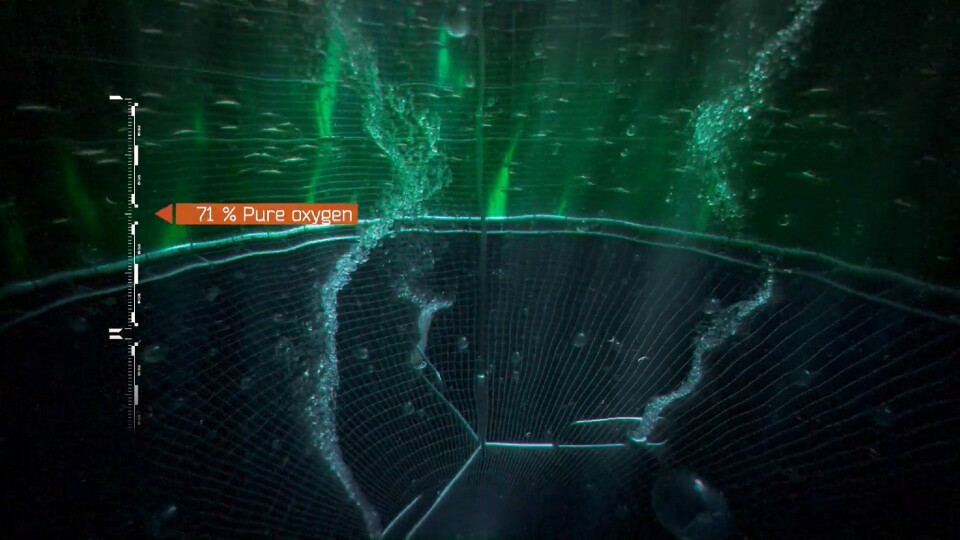
Grieg to install novel semi-closed system at three British Columbia farms
Grieg Seafood BC is to install drop-down semi-closed containment systems at the three salmon farms it operates in Esperanza Inlet, off the west coast of Vancouver Island.
The new CO2L Flow system allows for farmers to raise or lower custom designed farm enclosures as required and has delivered encouraging results in trials.
During periods when the barriers are down, the system uses what Grieg says is an innovative, cutting-edge oxygen technology, to address low oxygen levels within the pens.

40% growth increase
In a post on its website, Grieg said the system has been used in trials to successfully to rear several generations of fish at the company’s farms in the Sunshine Coast region, which is on the British Columbia mainland just north of Vancouver.
In all the trials, farmers noted better growth, lower mortality, better feed conversion rates and a dramatic reduction in the need for sea lice treatments. Overall, fish raised in the system saw an average increase of 40% in growth, a 19% increase in survival, and a 13% improvement in feed conversion ratio.
“This new system utilises retractable barriers, which are capable of being lowered to 15 metres, fully encapsulating the sides of the farm,” explained Grieg BC managing director Rocky Boschman. “This has several benefits, including preventing the lateral interaction of wild and farmed salmon populations, providing protection for farmed populations from harmful algae, and allowing our farmers to better control water quality in the system using a unique aeration technology.”
Drastically reduced lice numbers
He added that the CO2L Flow system with its barrier protection has resulted in drastically reduced sea lice numbers on the farmed population, which in turn reduced Grieg’s need to treat fish.
“During the trial period at our west coast site, we were able to keep sea lice levels so low that the fish did not require treatment for lice. Overall, we are pleased with the results and there is no denying that this new system represents a transition towards what in-ocean farms can one day become.”

Guided by nature
Grieg’s seawater production, certifications and regulatory director Dean Trethewey said the company first looked at the ocean’s naturally occurring deep, clean water as a guide when working out how it could adapt semi-closed technology into its operations.
“The CO2L Flow Max system has taken some tried and true technology, such as sea lice curtains, and paired them with cutting edge aeration technology, to create a completely new system,” said Trethewey.
“During sensitive wild salmon migration periods or times when we know there is harmful algae in the region, we can lower the barriers on the farm, forming a barrier between the wild salmon and the farmed population. This prevents lateral interaction, and significantly reduces the transmission of sea lice between the populations. The barriers can be fully lifted outside of these periods, allowing the farmed fish to benefit from natural ocean conditions, temperatures, currents, and oxygen levels.”
Solid waste collection
Grieg used several Vancouver Island-based technology and services companies including CPI Equipment and Poseidon Ocean Systems to develop the system. International oxygen solution company Oxzo Technologies was also involved in the creation of some components. Watch a video explaining the system here.
The system will be installed at all three farms in Esperanza Inlet – Lutes Creek, Steamer Point and Esperanza - in time for the outmigration of juvenile wild salmon in early 2023, but that won’t be the end of innovation for Grieg.
Boschman said the next step would be to find solutions that will support the recovery of solid waste and ways in which it could be used for some type of value-add product like fertiliser or soil enrichment.
The extended implementation of Grieg’s innovation comes at a time when the industry in BC is under pressure from the federal government, which has pledged to “transition” from net pen farming in the province. Most of the salmon farm leases in BC are due for renewal in June, something that will be worrying farm bosses who have already seen 19 farms closed in the Discovery Islands because of opposition from some First Nations and NGOs.






















































